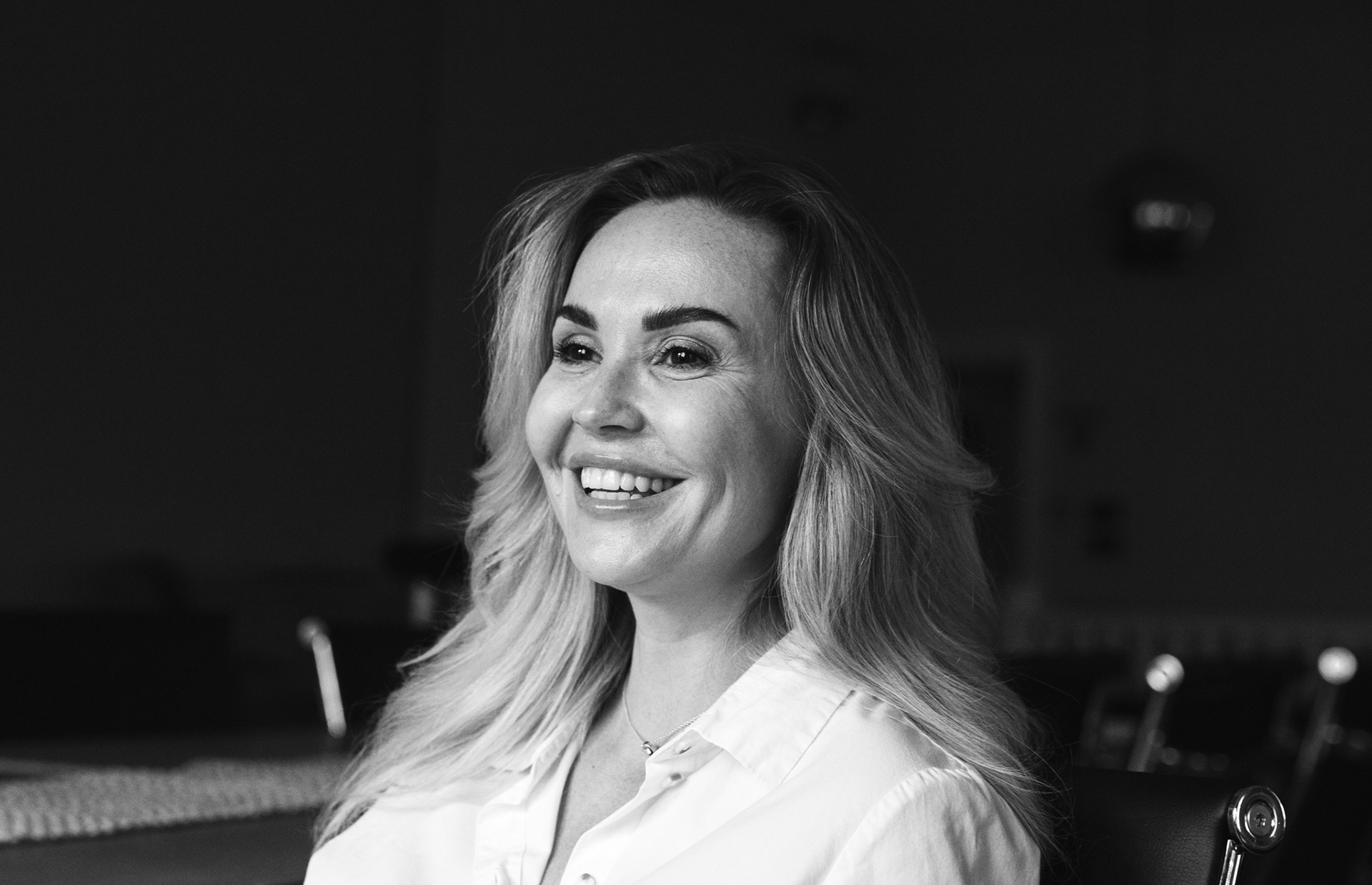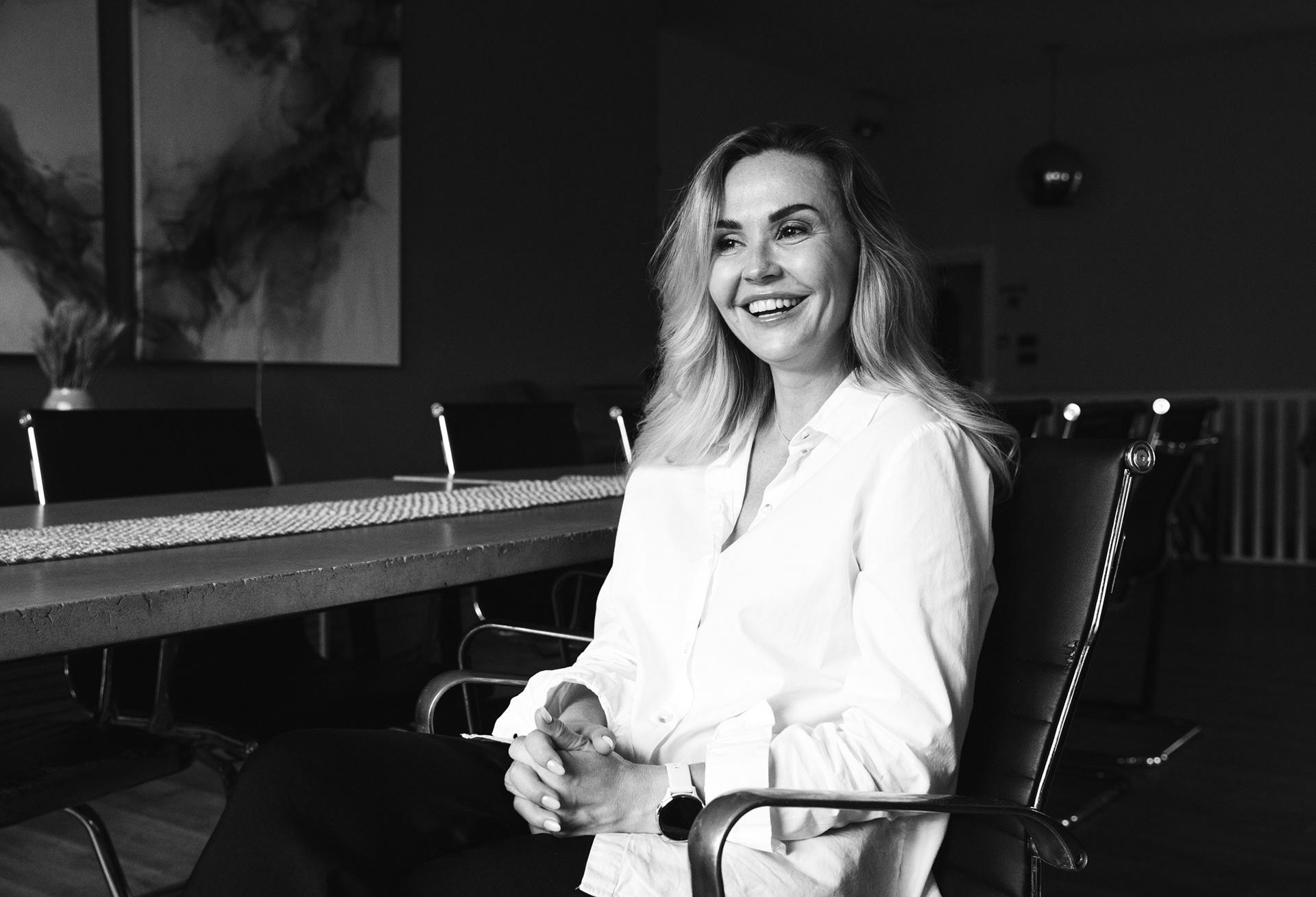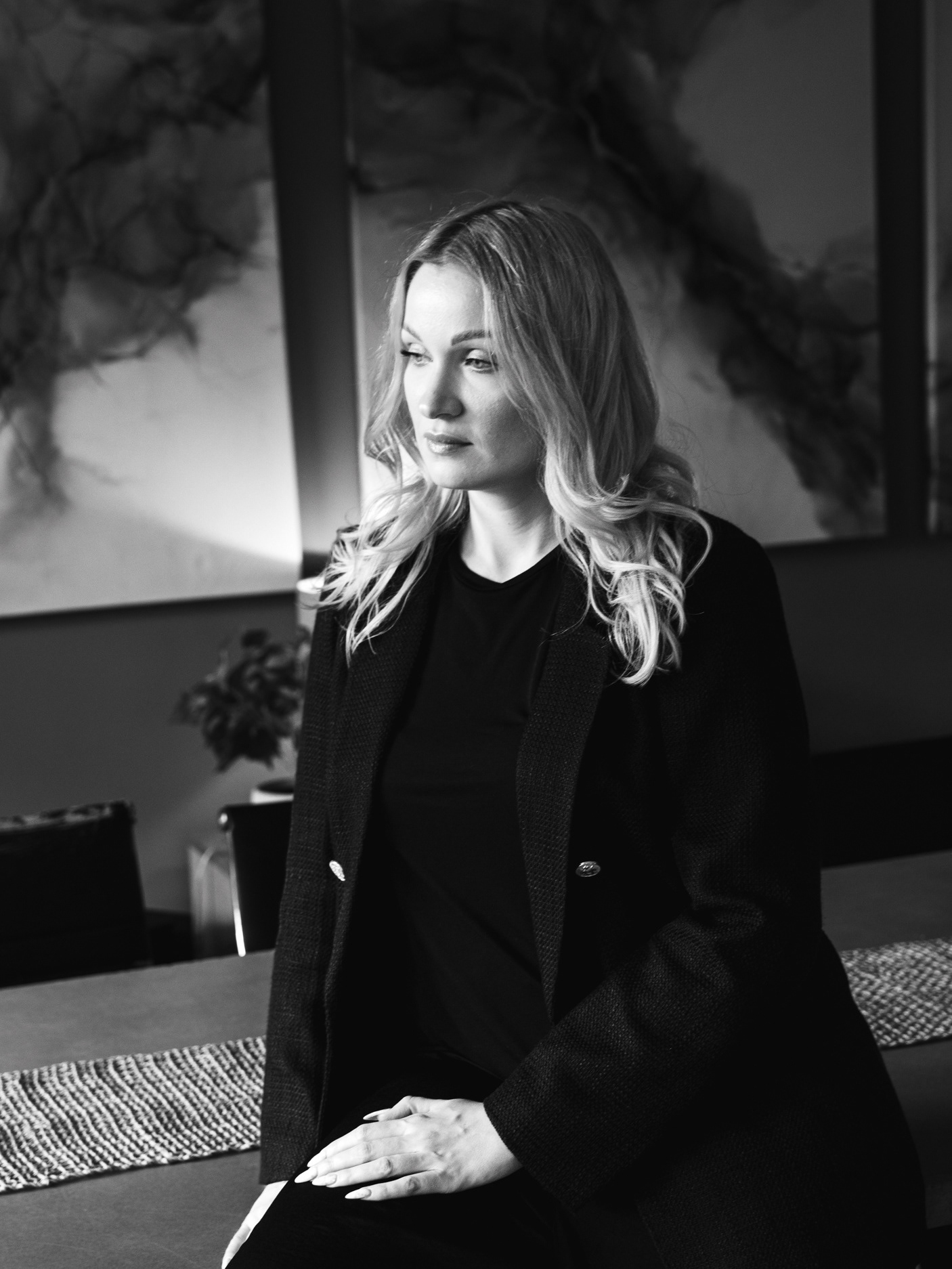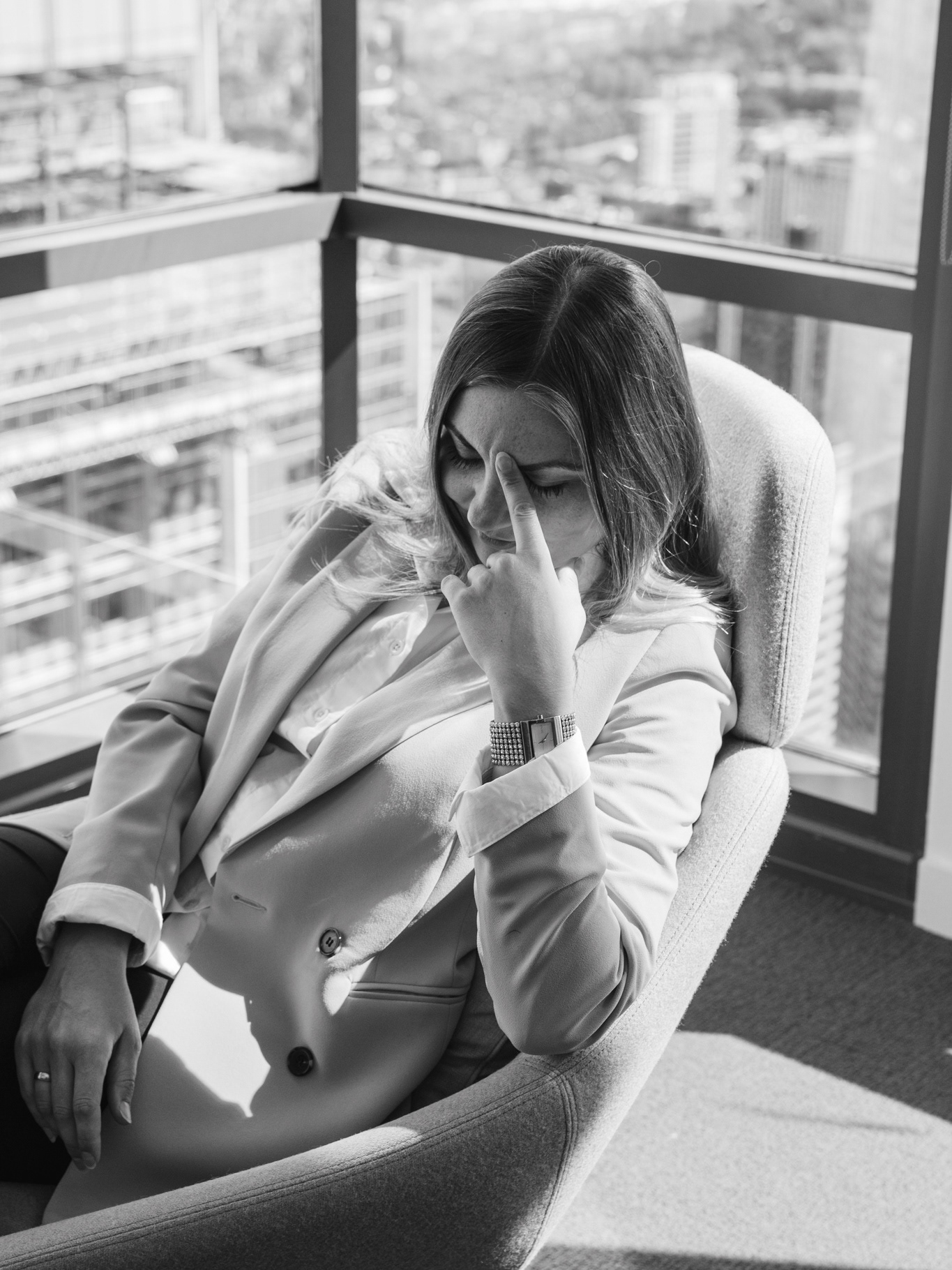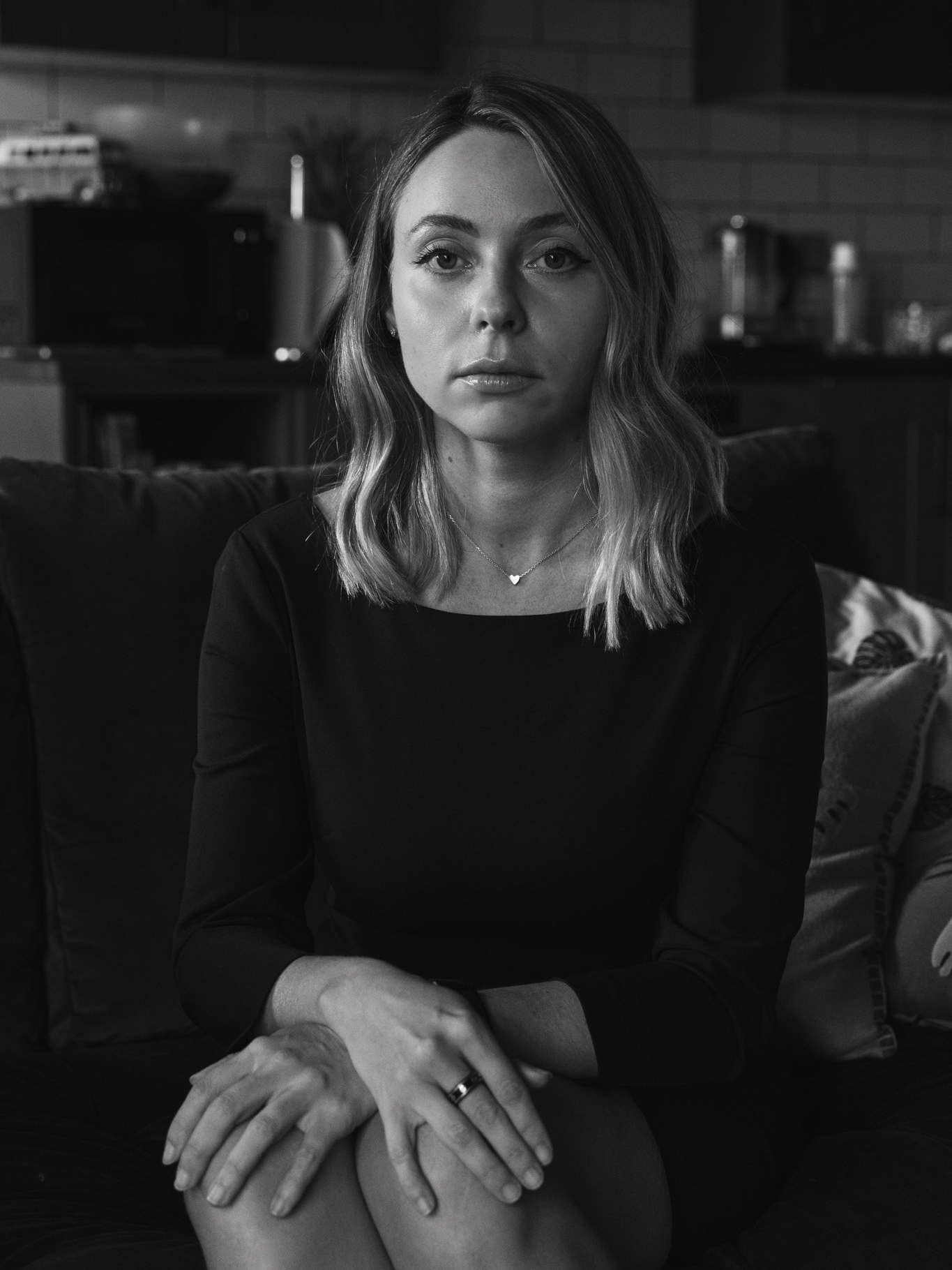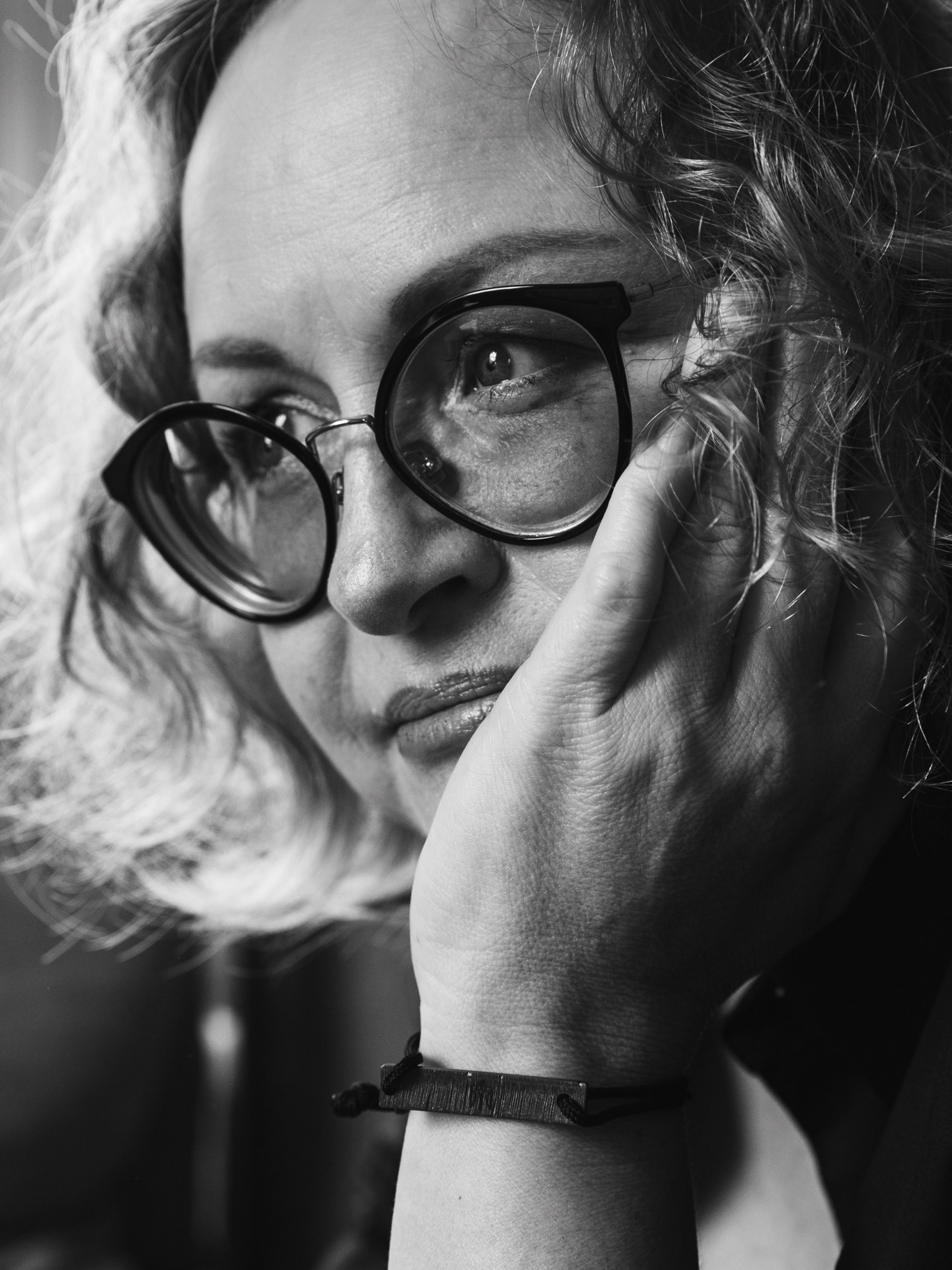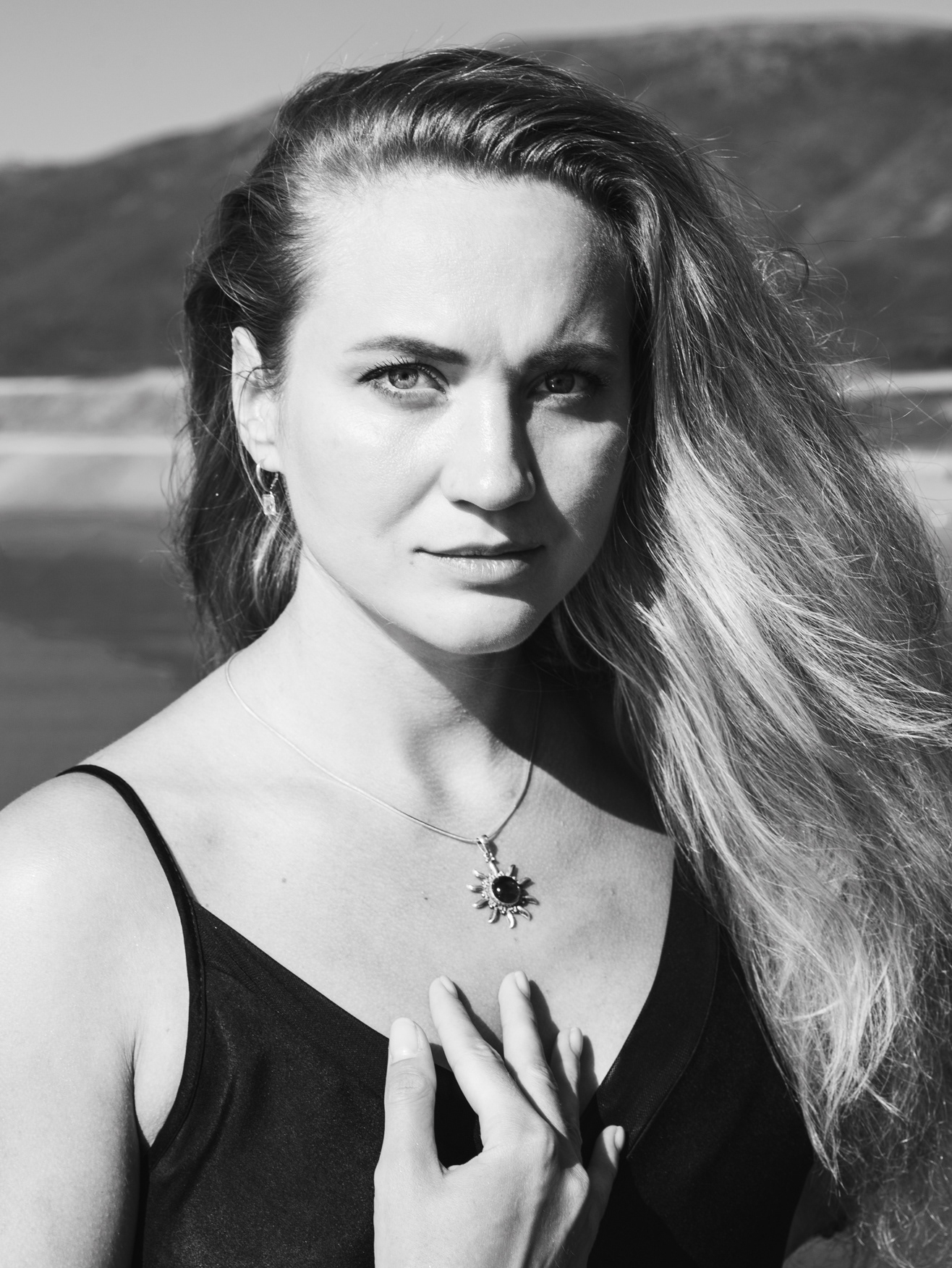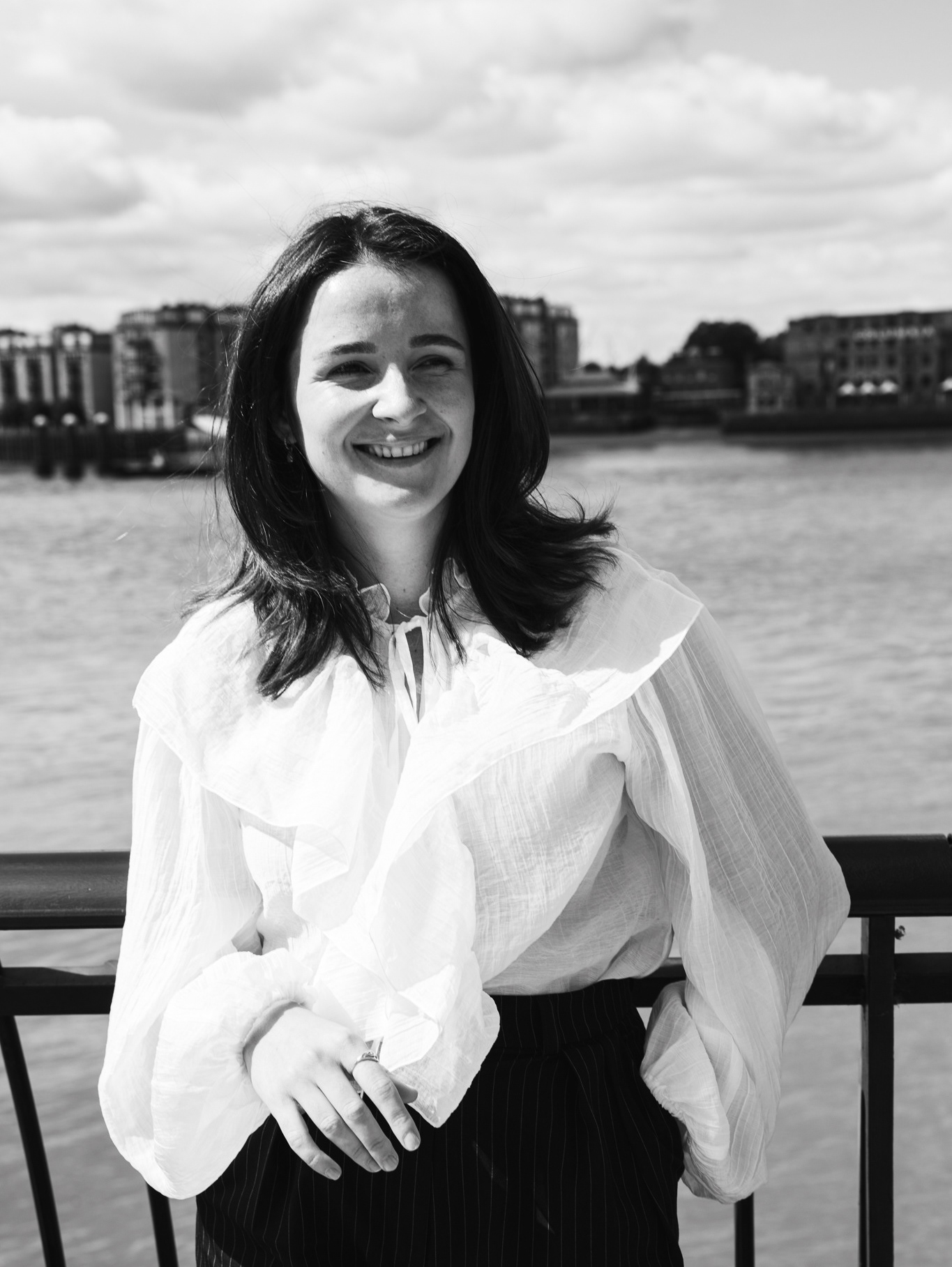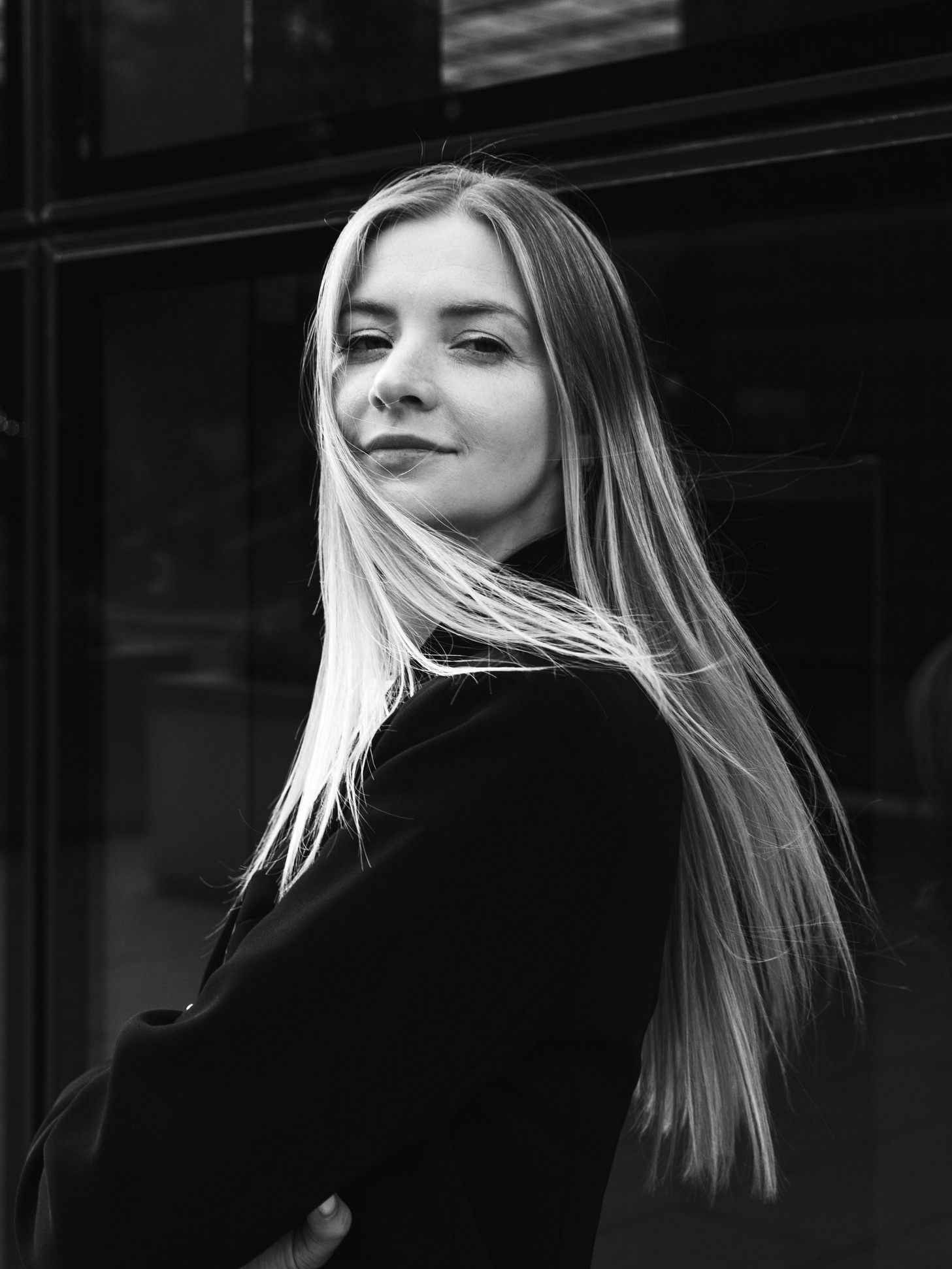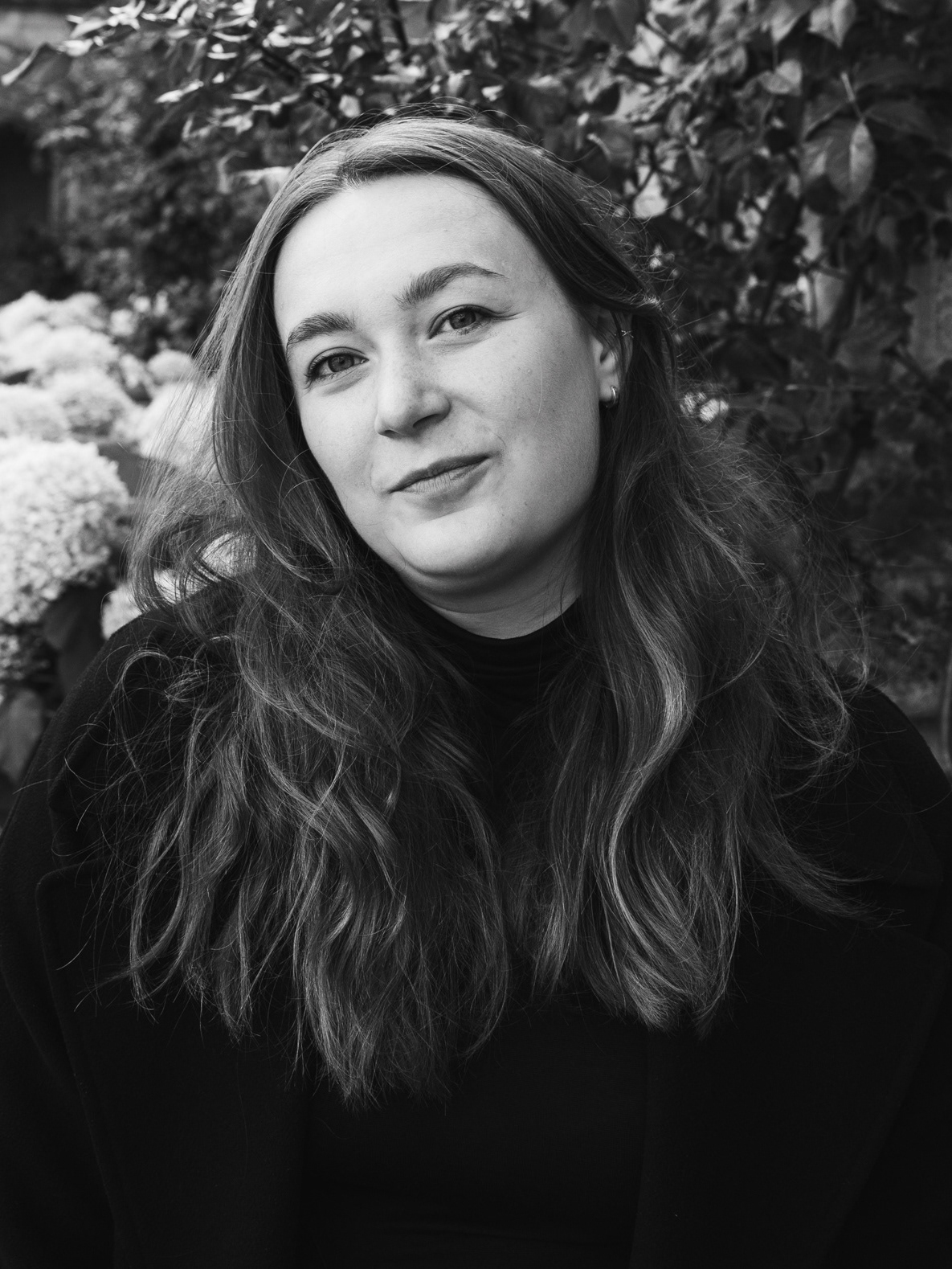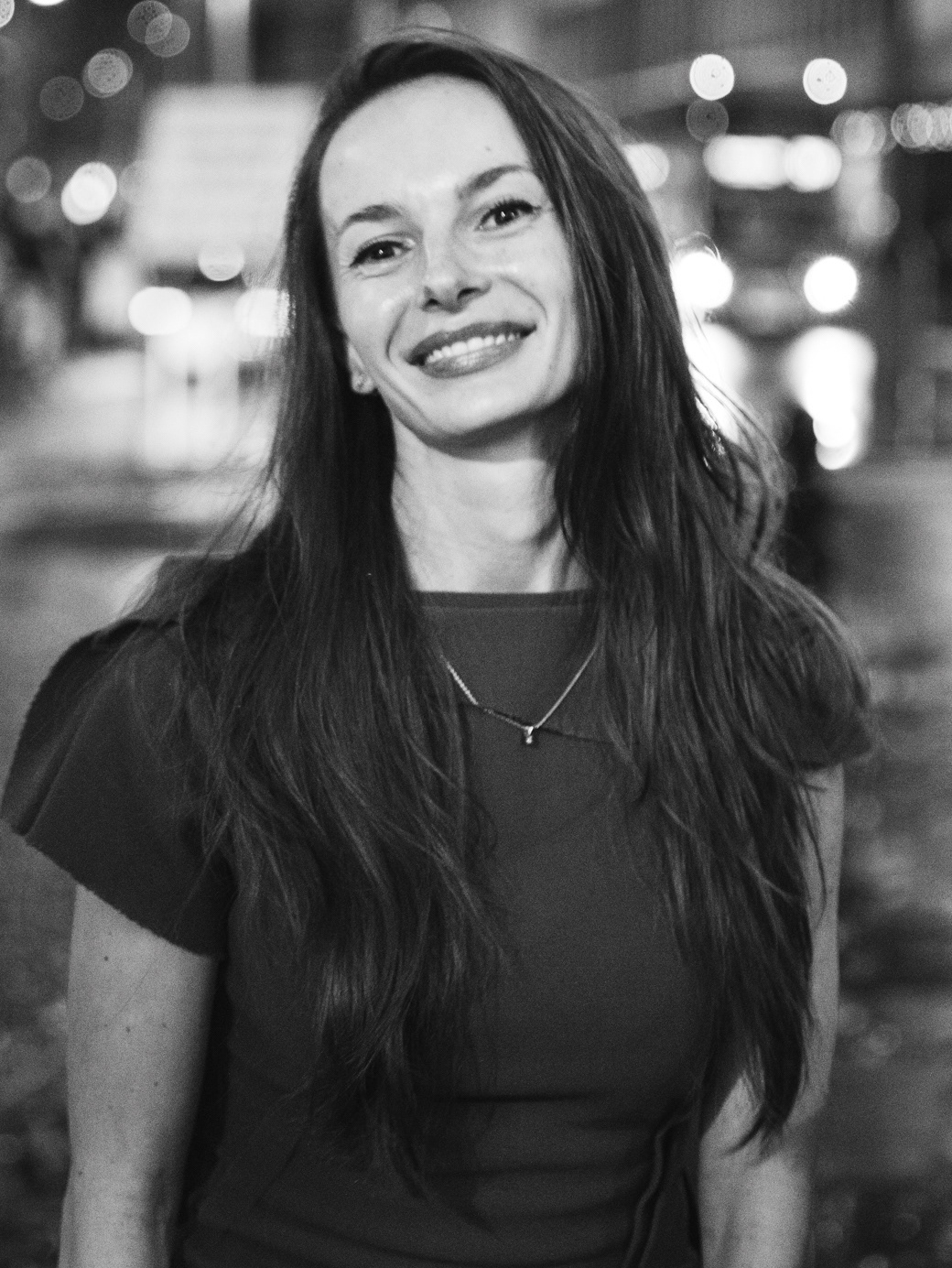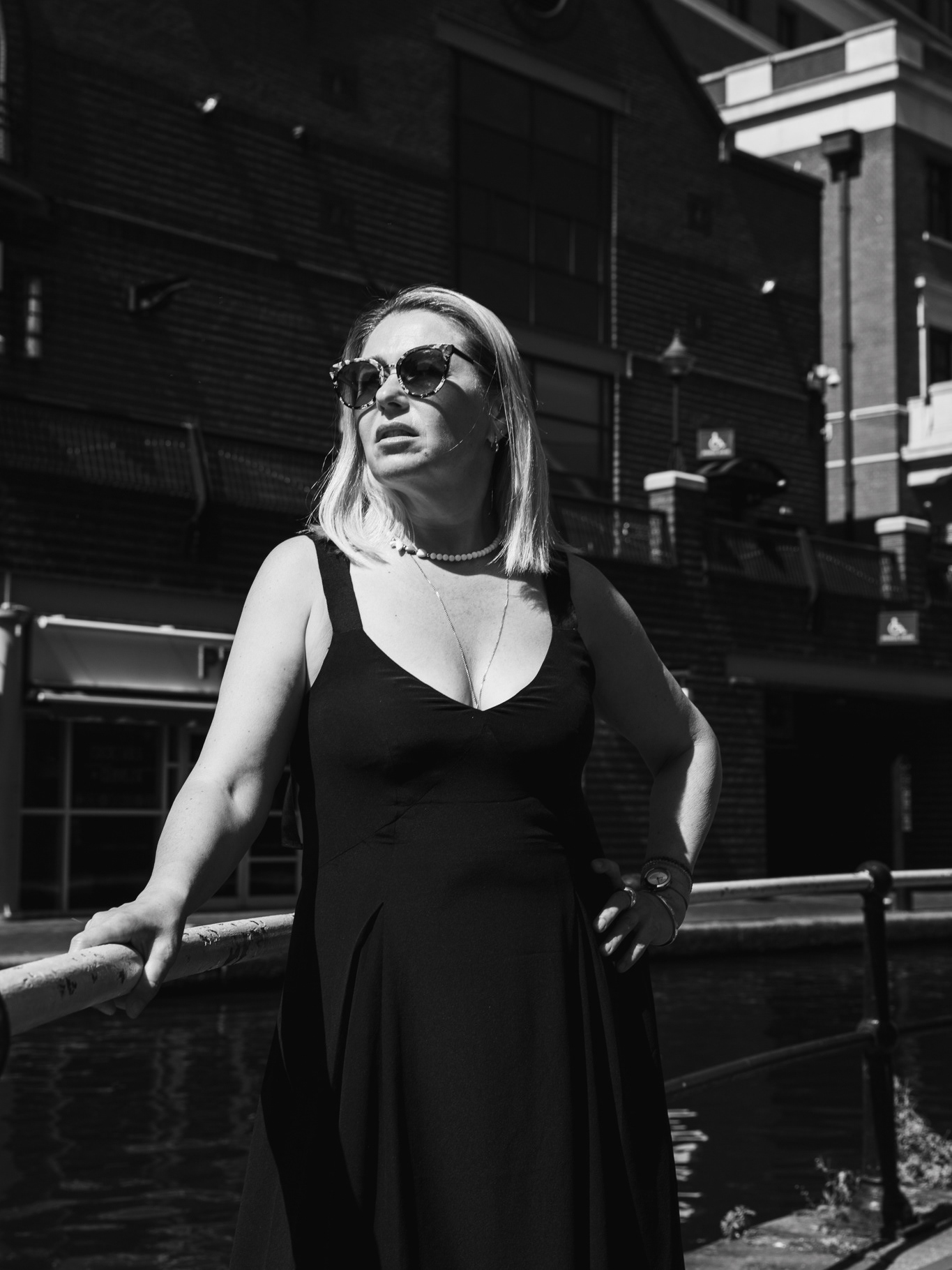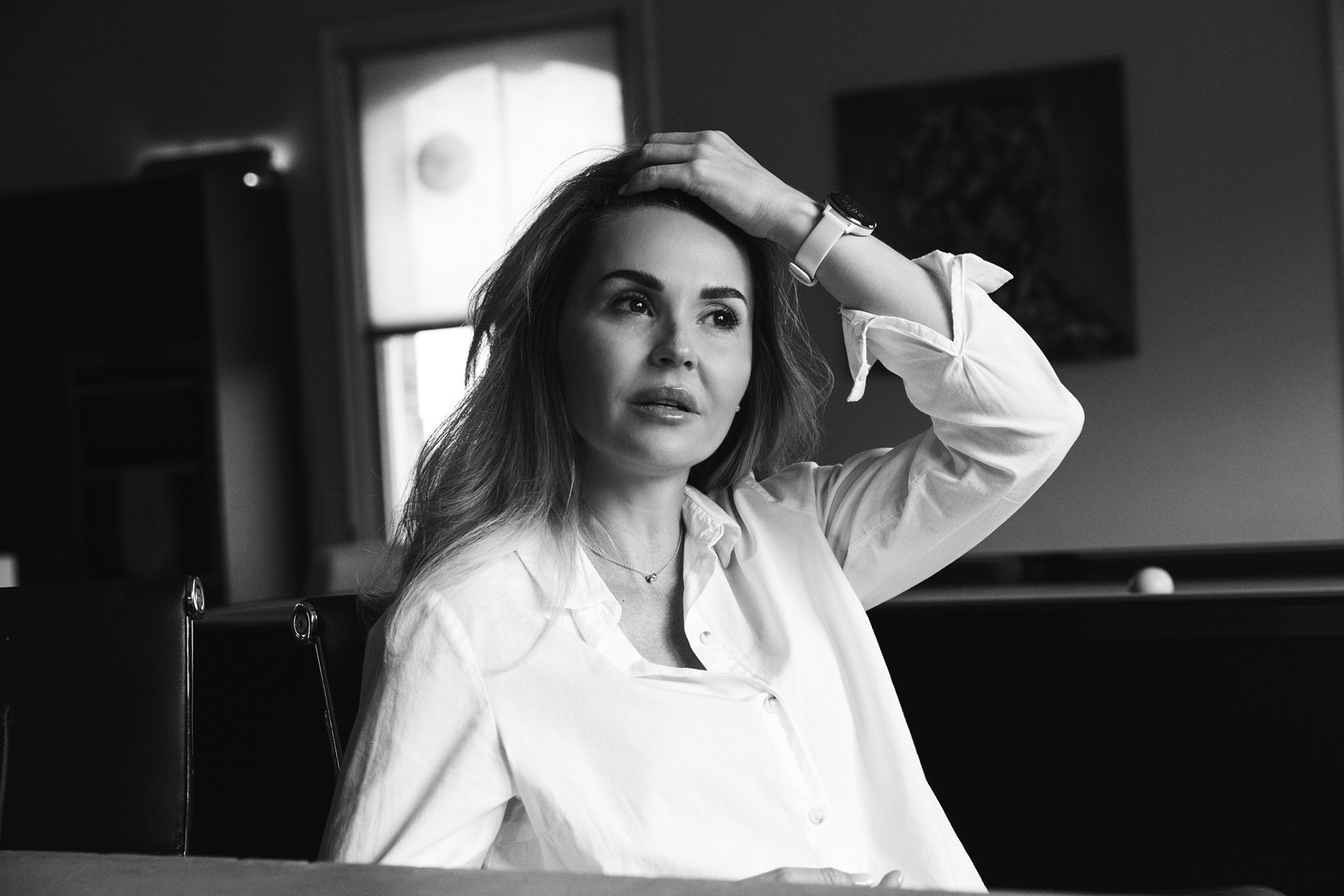
Olga: A Melody of Resilience that Resonates in England
For Olga, the war did not begin on February 24, 2022. Her personal count of loss and exile started eight years earlier, in her native, once sunny and peaceful Luhansk. She is one of those for whom the full-scale invasion was a terrible déjà vu, a double blow that knocked the ground from under her feet but could not break her spirit. Her story is not a tale of escape, but a chronicle of incredible resilience that found a new home and a new sound on the shores of foggy Albion.
She remembers well those days in 2014 when the air began to thicken with anxiety. "There were moments when they said an army, military equipment, was on its way, and of course, no one believed it because no one wanted to believe it," she recalls. Back then, she lost everything. A successful children's collective of 50 kids, with whom she had conquered "The Voice of the Country" and "New Wave." Her beloved job as a lecturer at the Academy of Arts. The title of Honoured Artist. Her entire life, built over years of work, was packed into a single suitcase. "My boyfriend and I decided to go on holiday and then come back, so we took a suitcase with summer clothes, and we never returned."
The following years in Kharkiv were a period of painful self-discovery. "I suffered for probably two years then, I just, well, couldn't find myself. I'd go somewhere, and nothing felt right. I couldn't just arrive and say, this is my space, my group, and I will be here, you know, like I was in Luhansk."
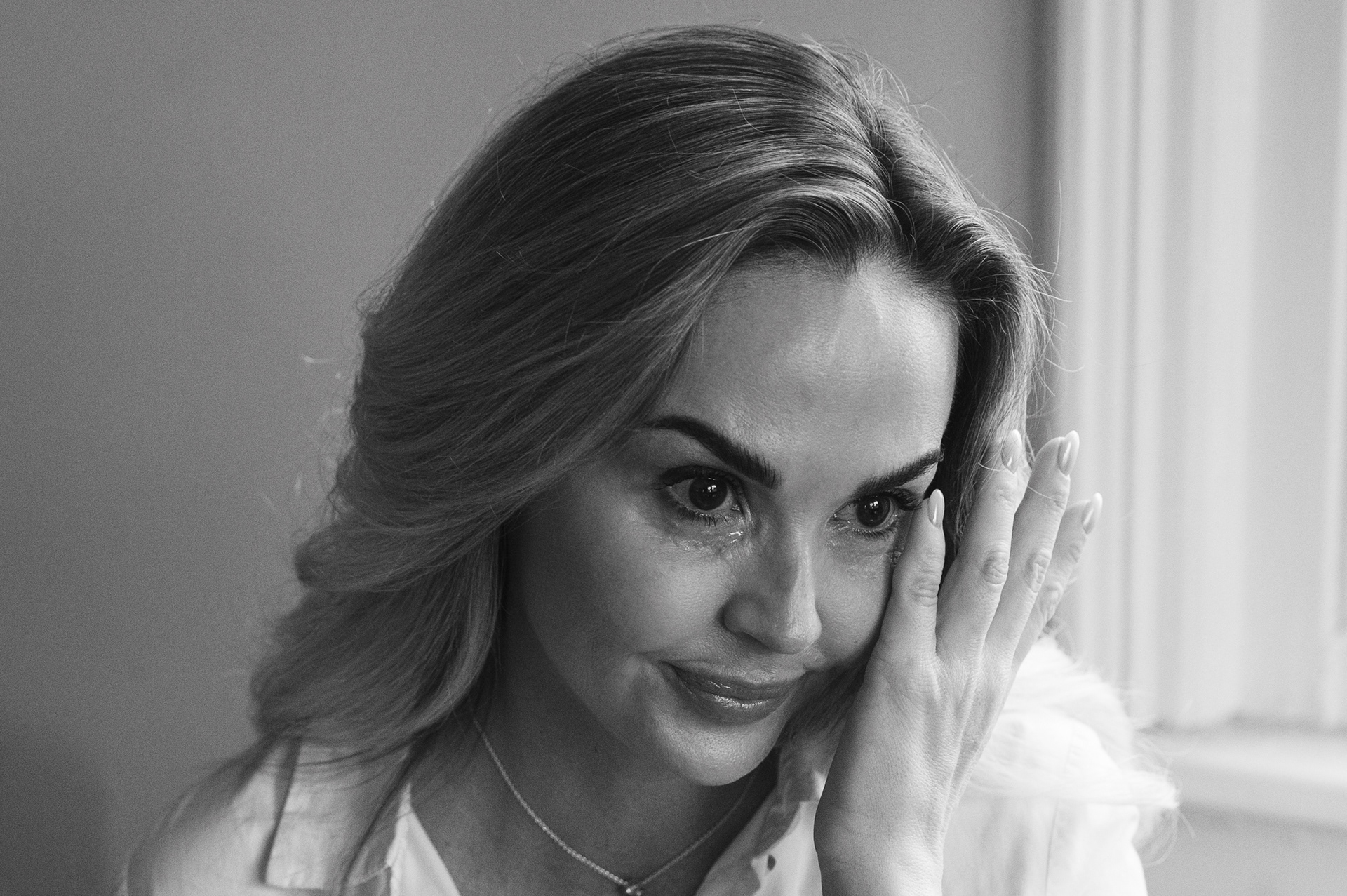
Just six months before the full-scale invasion, she fulfilled her long-held dream—moving to Kyiv. It was a breath of fresh air, a return to herself. "I got a job at the production centre I wanted, I was finally living a normal life... And then I just couldn't believe it, because we had rented a space, we were sewing costumes for the children, and everything was moving forward: recordings, shoots, competitions."
A feeling of disbelief and denial was her protective reaction. She didn't want to lose everything all over again. "I said that until a bomb falls right here, I'm really not going anywhere." But on February 24, to the sound of explosions in Boryspil, she, along with her husband and four-year-old daughter, got into the car once more to flee into the unknown.

A Journey Through Europe: The Search for Home and Self
The first three months in Bulgaria were the hardest. Olga fell into a deep depression. After the vibrant, fulfilling life in Kyiv that she had worked so long to achieve, the sudden halt was unbearable.
"I was in a very bad way for three months. I would lie down, just like back then [in 2014], and only went to volunteer at a kindergarten for Ukrainian children in Bulgaria. On the days I went, I would get up and do things, but on other days I just lay there, staring at the ceiling."
Then came three months in sunny Turkey and nine in vibrant Italy. She fell in love with the Italian language, culture, and their ability to enjoy life. In her opinion, Italians are similar to Ukrainians in their emotionality, unlike the more reserved Spanish. She was captivated by their hedonistic philosophy. "There, it's life, real life! Even the grandmothers in heels, drinking prosecco at 11 a.m., and then Aperol closer to lunch... Now I have a dream that one day, in retirement, I will live somewhere in Italy and not have to think about having to rise up again," she shares. But she understood that for her professional development and her daughter's future, she needed English. And so, England appeared in their lives.
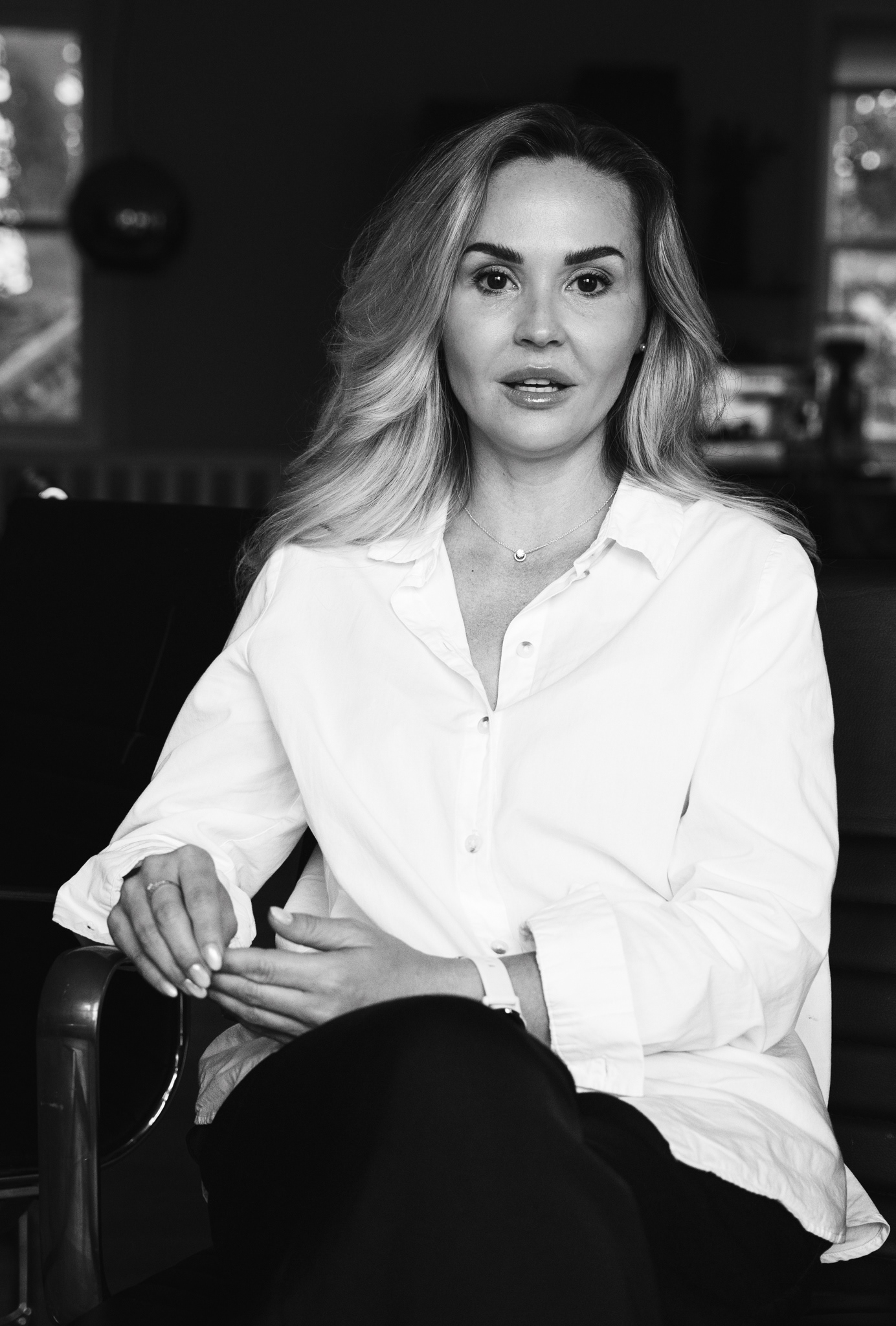
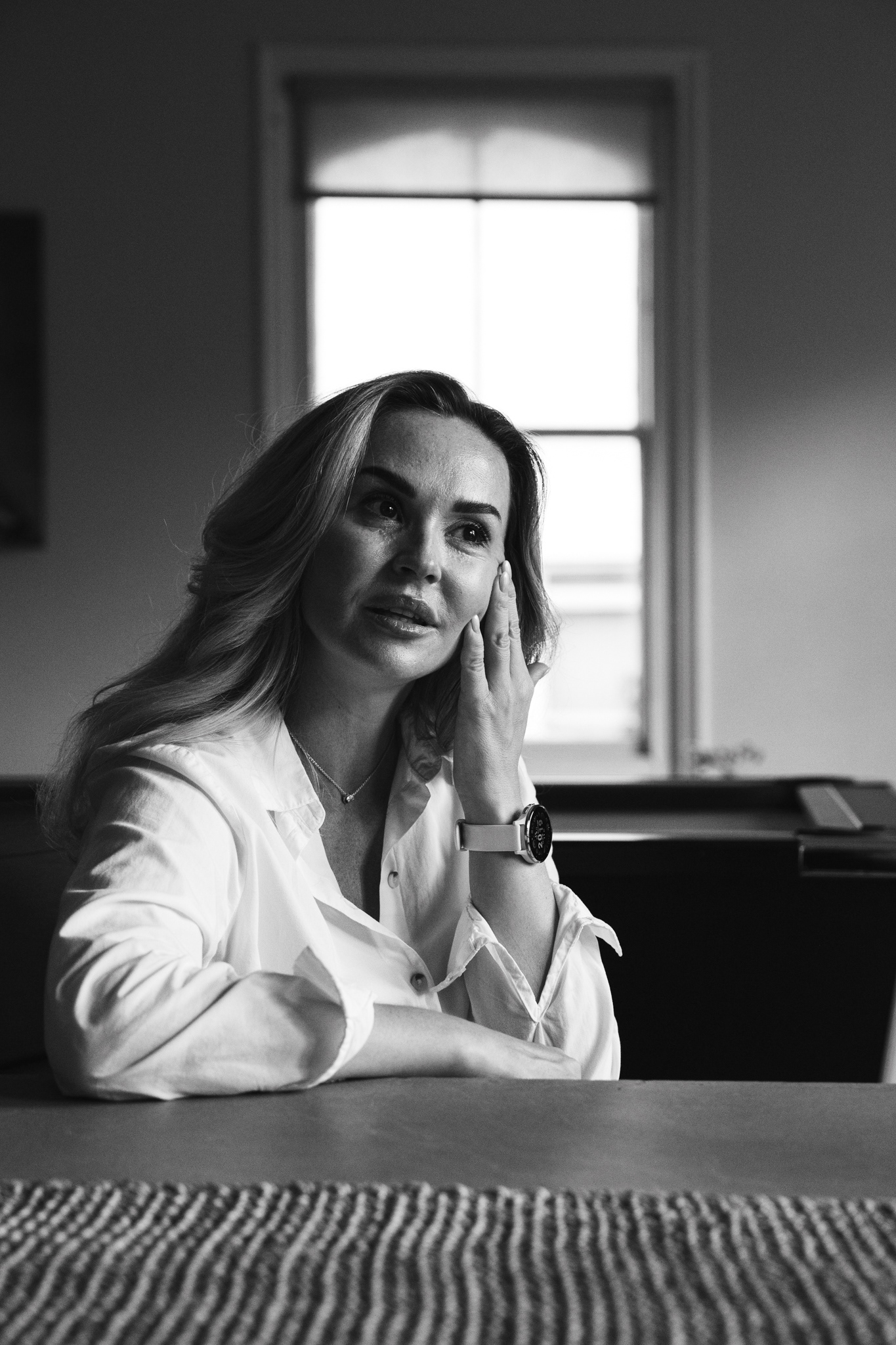
England: Tears, Adaptation, and Gratitude
Arriving in England in September 2023 under a sponsorship scheme became a new trial. After sunny Italy, the rainy, cold weather and the tiny sponsor's house triggered a new wave of despair.
"I just sobbed so hard that my face was a mess, and I couldn't stop. They were all coming in to meet me, saying 'my name is this,' 'my name is that,' and I was just weeping. Again, I don't know the language, again, I have nothing."
But this state didn't last long. Her previous experience had taught her the most important lesson: you can't just wait. "I already knew that you shouldn't wait. Secondly, the years are passing, and you have to do something about it," says Olga. On the third day, she went to London to see the prospects and started to take action.
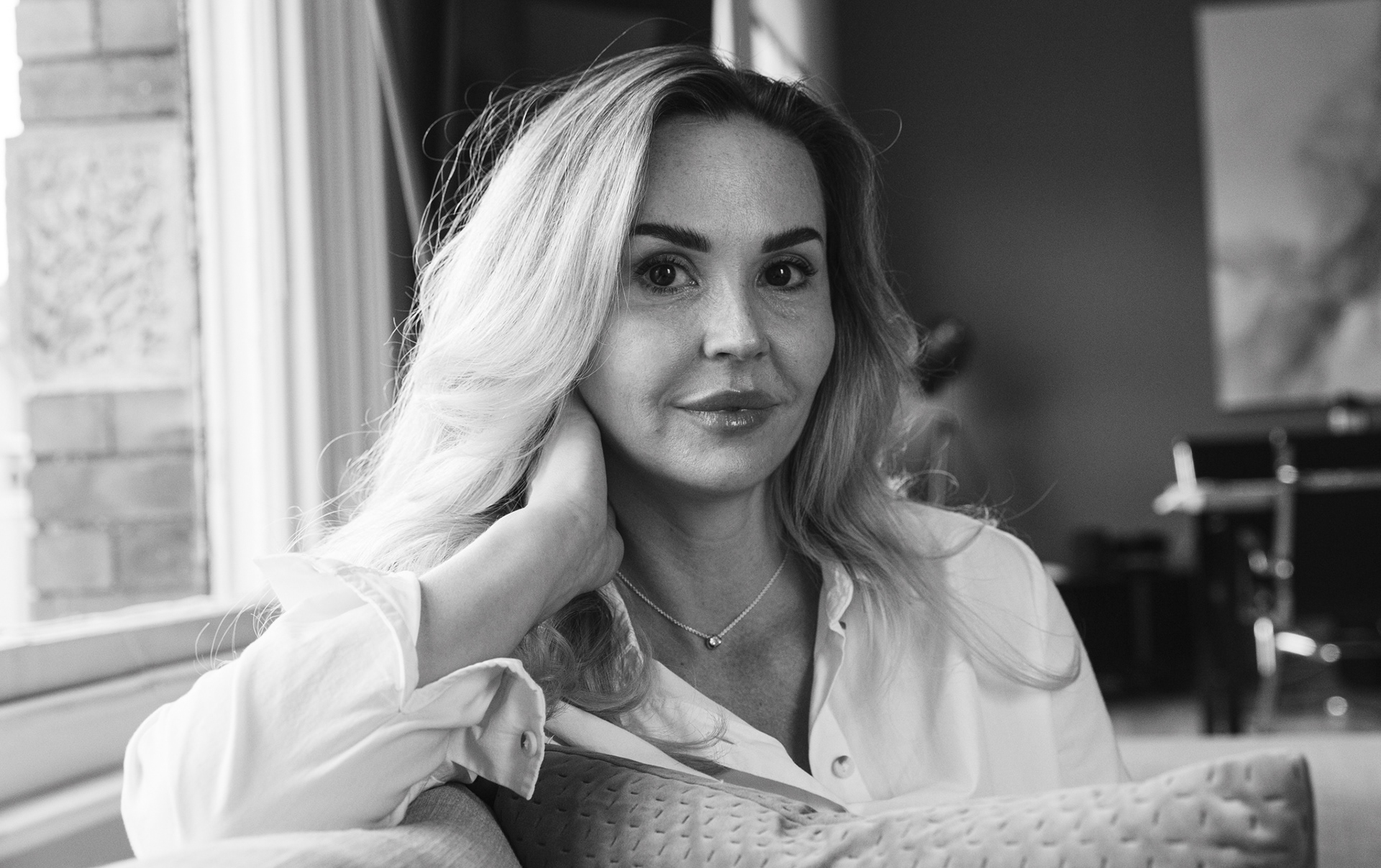
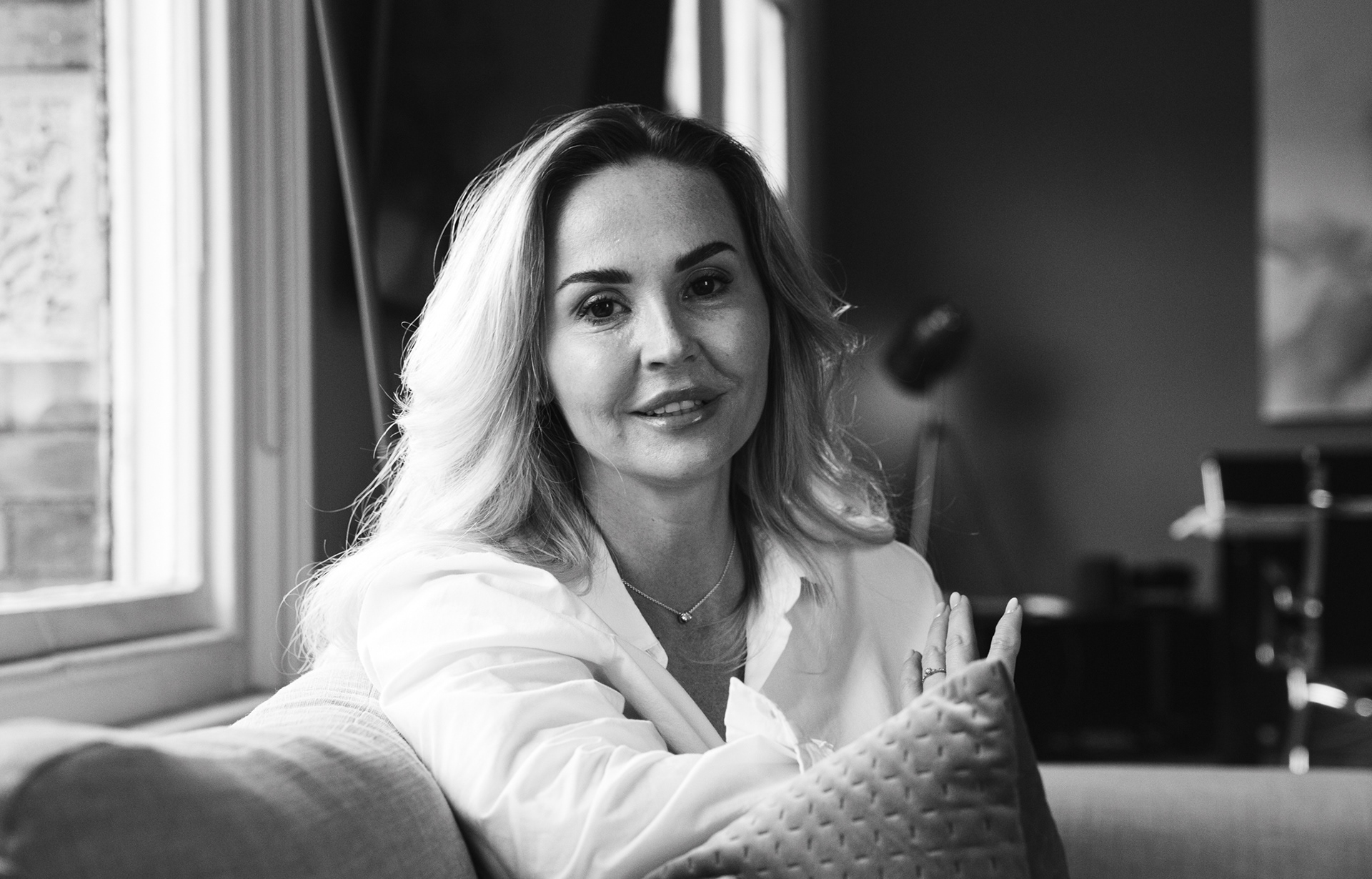
Rebirth Through Music and Community
Action became the best medicine for Olga. She started small: she bought a keyboard and travelled to students' homes, sometimes getting soaked in the rain with all her equipment. Gradually, a community began to form around her. She organised a Ukrainian choir, which became a real outlet for many women. The culmination of this activity was a large charity concert in a prestigious hall built under the patronage of Carnegie Hall. The preparation turned into a thriller: first, the initial venue flooded three days before the date; then, on the day of the rescheduled concert, a storm hit the country, halting all trains; and the day before the third attempt, everything was covered in snow. But her persistence was unbreakable. "I will walk to that hall on foot, but we will make this event happen," she told her team. And people came. "When we opened the doors, and they just kept coming, and coming, and coming, the hall was already full, but they were still arriving, I was just in shock." They raised over three thousand pounds for children from the Kharkiv region who had lost their parents in the war. This success gave them an incredible boost. "That was the first time the choir performed... and now we are already singing one piece in four-part harmony," Olga says with pride.
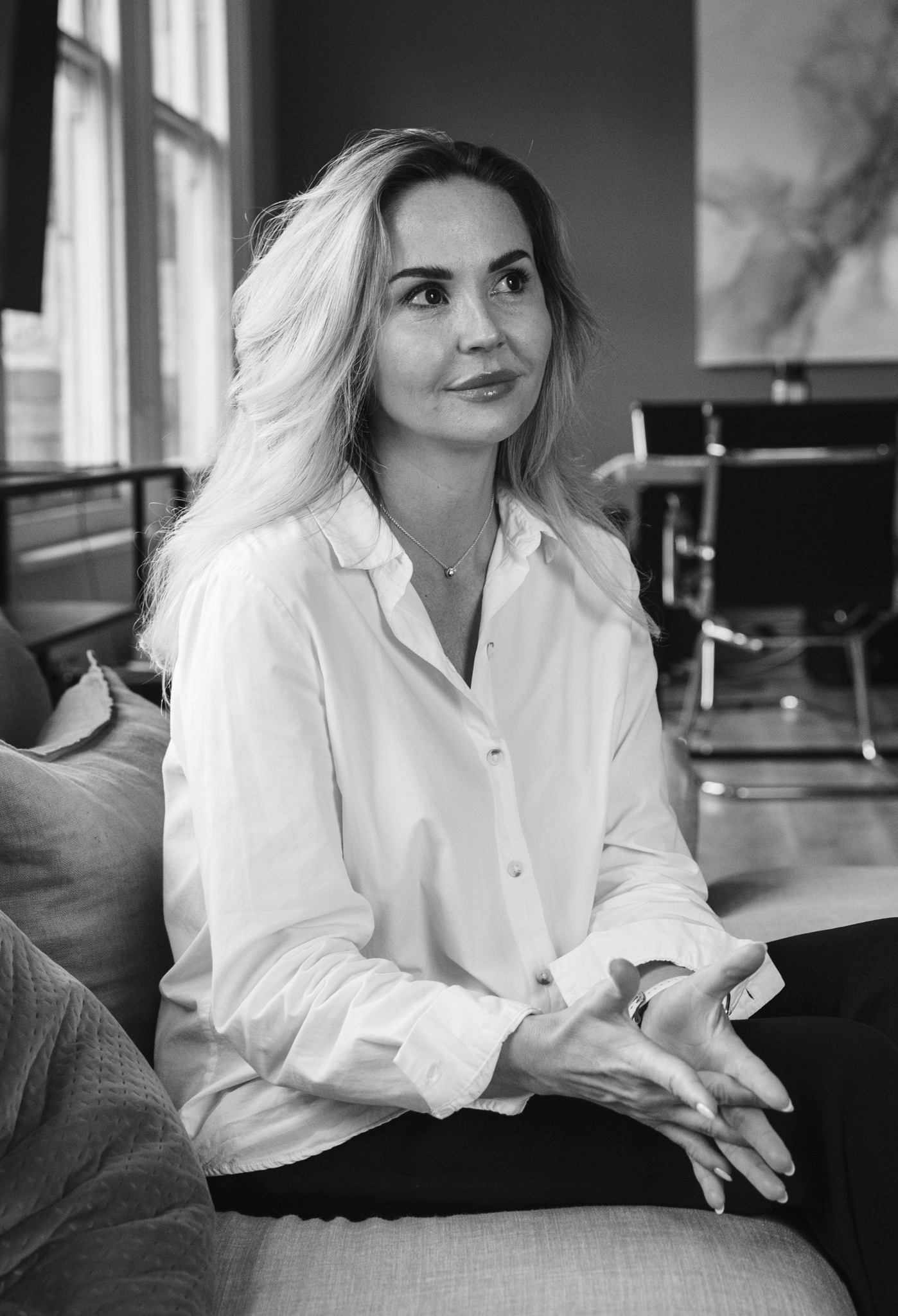
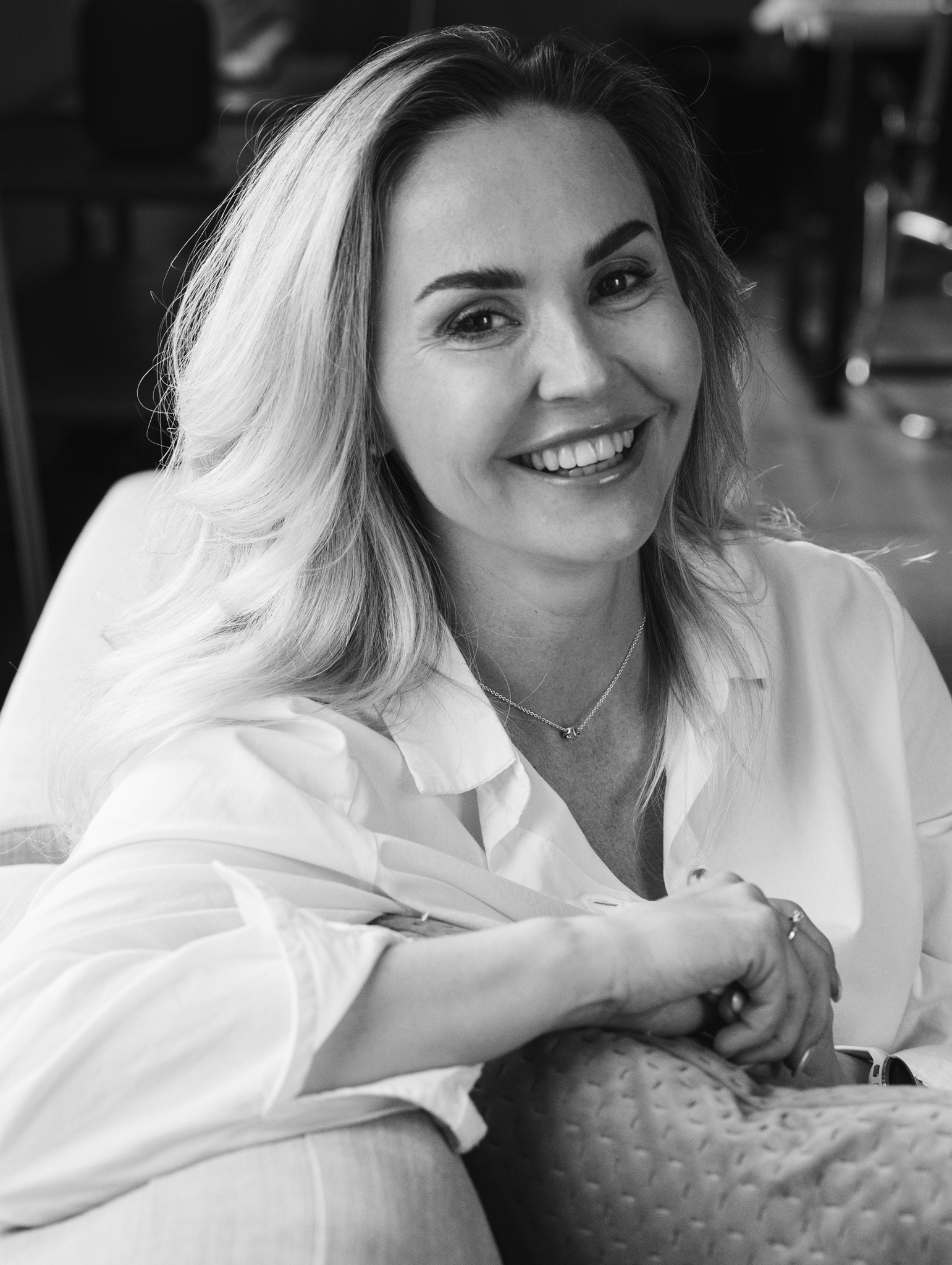
Education as a Path to Integration
In parallel, Olga began to study. She completed an intensive teaching assistant course at a local college, where she was amazed by the British education system. "When I saw this 'kitchen' from the inside, how the teachers behave, how they treat the children, I understood why my daughter adores her school so much," she says. The course taught her not just theory, but the skills to handle complex situations: how to react to racism or bullying, how to find an approach for each child. The children at the school where she did her placement became her best English teachers. "All the Brits say, 'your English is great, don't worry.' But the children, from the very first day, would tell me, 'This is apple, not apple... remember.' And they constantly corrected my every word," she laughs.
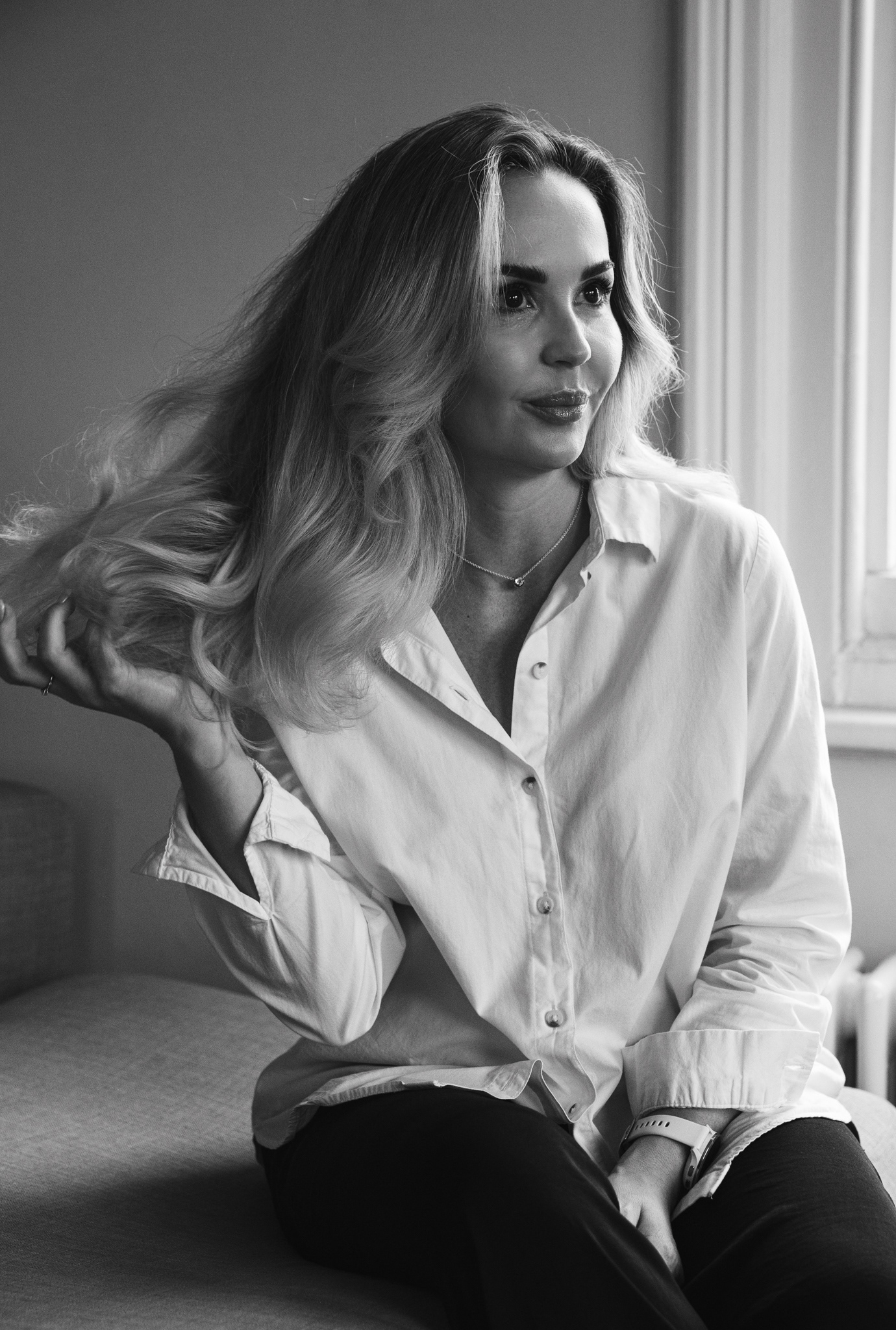
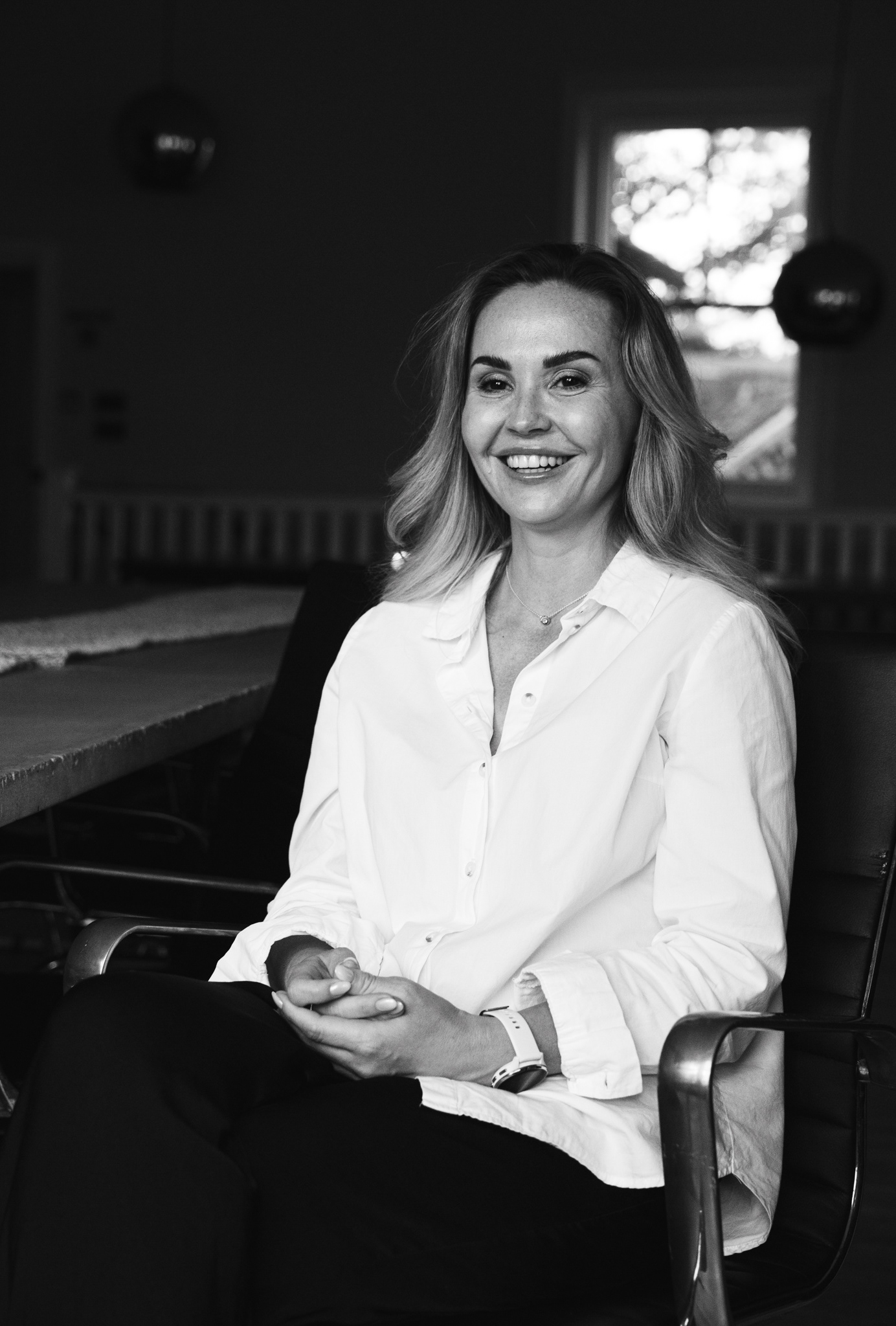
A New Home and New Relationships
Eventually, the family was able to rent their own house. Her neighbours were elderly Britons who treated her profession with warmth and understanding. "Our neighbour, a grandmother, asked if that girl would be coming on Saturday, she sings so beautifully, I sit all week and wait," Olga shares with a smile. This kindness and respect for personal space became a crucial factor in her adaptation and sparked a deep sense of gratitude. She realised she had found a place where she was respected and supported.
Olga's story is that of a woman who, having lost everything twice, did not break. She transformed her pain into creative energy and her experience into a tool to help others. Her journey in England is an example of incredible resilience and strength of spirit, proof that even after the fiercest storm, one can not only survive but also find the strength to bloom and help others bloom too.
